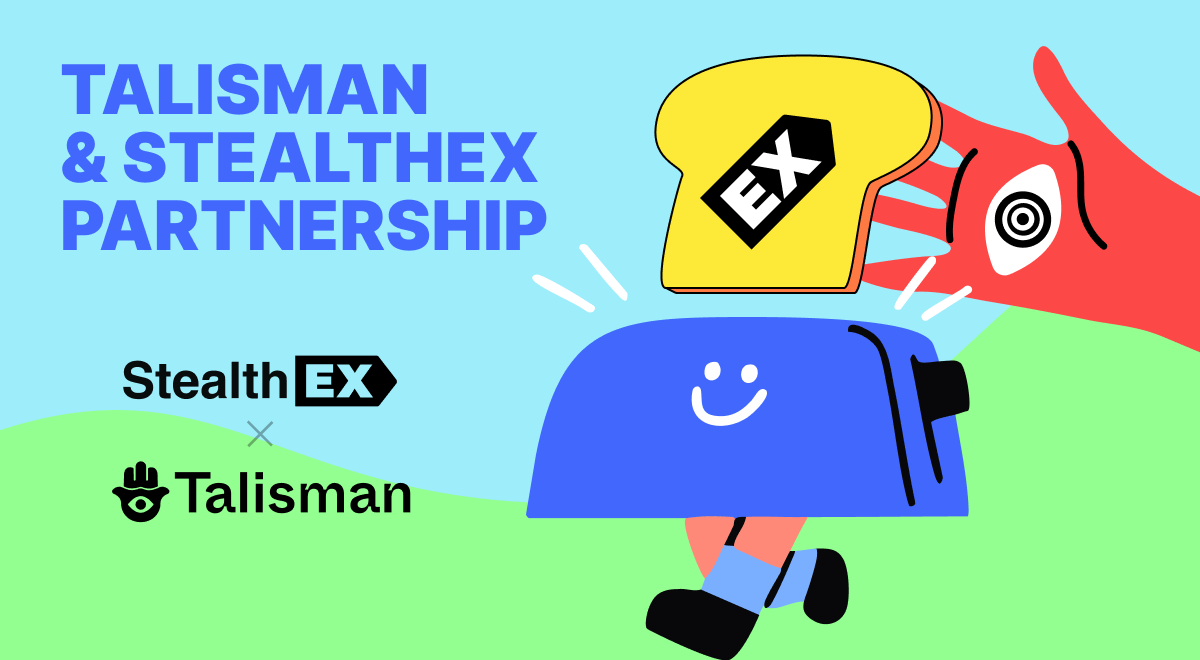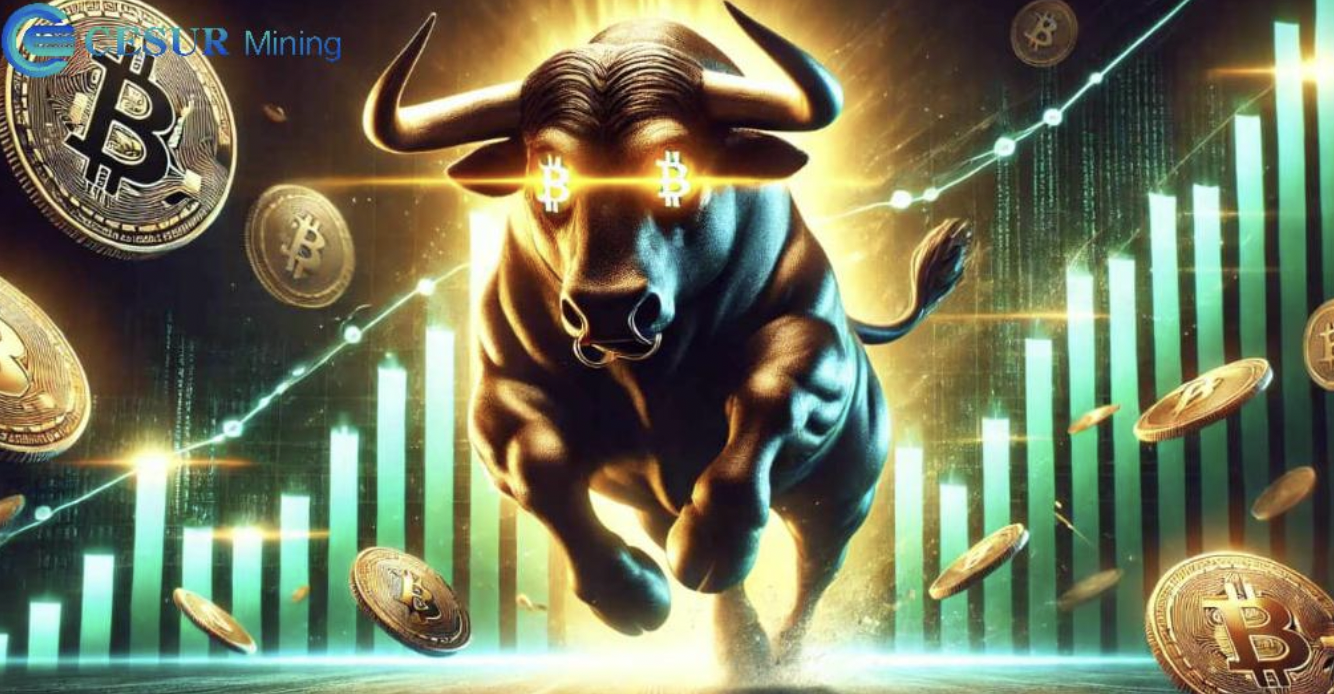Coin Launch Space is here to give you clear, accurate, and trustworthy information about crypto. Our team is made up of experts with real experience in crypto, finance, and new tech. Every article and page we publish is carefully reviewed by skilled editors to make sure it’s up to our high standards. We take pride in offering honest, easy-to-understand reviews based on real knowledge. Check out our editorial policy and see how we test and review crypto assets.
Table of Contents
ToggleNFT frauds refer to a situation where one intends to take advantage of others in the NFT market with the view of making others surrender their money or anything else in the NFT market.
As soon as NFTs appeared in the world and people became aware of them, scammers used as many techniques as possible to work with them and with popularity.
These frauds might involve coning people with fake or copied artwork or even coning people through pump-and-dump scams. Since NFT is still relatively unregulated and not everyone has a clear idea of what caused NFT, it became the Hunting Ground for Scammers.
To anyone with any interest in buying, selling or trading in NFTs, it is critical that one gets to know the kind of scams which are common with NFTs and how they are executed. They help in navigating the NFT world more gently if you are familiar with them.
10 Most Common NFT Scams
Fake Artwork and Counterfeit NFTs
It is a common trick among scammers to unrealistically produce and sell these low-quality artwork pieces that look like copies of famous artists’ originals or famous artworks. People might invest in these NFTs because they seem legitimate, but they end up with an illegitimate copy.
Rug-Pull Scams
Rug-pull is another type of NFT fraud where, after attracting a lot of attention to a new project and collecting large amounts of money from investors, developers abandon the project and leave investors with unsellable and valueless tokens.
Phishing Scams
These involve the impersonation that the fake website or a fake social media account is the real NFT marketplace and the users get scammed and their personal keys or data stolen.
Bidding Scams
It becomes easy for fraudsters to alter the bidding currency type after winning a sale in secondary markets and passing off a higher-value currency type.
Pump and Dump Schemes
The manipulators pump up the price of the NFT by how there is high demand in the market. As soon as the stocks reach that high price, they sell off the shares they own. This results in the stock’s worth drastically dropping, leaving the rest of the buyers with valueless items.
NFT Airdrop Scams
Scammers give out services that are free-of-charge and contain what’s known as airdrop NFTs with the aim of getting users to link their wallets. Once connected, the scammers can easily pilfer cash or other desirable NFTs out of the user’s digital purse.
Customer Support Scams
Several individuals act as fake representatives of NFT market platforms or other wallet service providers and convince users to reveal private keys or passwords.
Ponzi and Pyramid Schemes
These schemes offer the most likely rates of Return on Investment especially to the first batch of participants. It fails as new investments stop where most of the investors incur handsome losses.
Unverified Platforms and Marketplaces
Fraudsters create fake or not properly verified NFT markets where fake or non-existent NFTs are displayed to gullible buyers who have not done proper due diligence.
Front Running and Insider Trading
Scammers with inside information buy NFTs before a major announcement, then sell them at a higher price after the news becomes public, manipulating the market and leaving other buyers with overpriced assets.
7 Easy Tips to Protect Yourself from NFT Scams
- Research Before You Buy: Always thoroughly research the NFT project, the artist, and the platform before making a purchase. Look for verified information and previous sales history to ensure authenticity.
- Stick to Established Marketplaces: Use reputable and well-known NFT marketplaces like OpenSea, Rarible, and SuperRare. These platforms have security measures in place to protect buyers and sellers from scams.
- Be Wary of Unrealistic Promises: If a deal seems too good to be true, it probably is. Scammers often lure victims with promises of high returns or exclusive deals. Always approach such offers with skepticism and caution.
- Double-check URLs and Wallet Addresses: Phishing attacks are common in the NFT space. Always verify the URL of the website you’re visiting and the wallet address before making any transactions. Look for slight misspellings or unusual domain names that could indicate a fraudulent site.
- Enable Two-Factor Authentication (2FA): Protect your accounts by enabling 2FA on your NFT marketplace and wallet accounts. This extra layer of security makes it harder for scammers to gain unauthorized access.
- Educate Yourself on Smart Contracts: Understanding how smart contracts work can help you avoid falling for scams. Make sure the contracts associated with the NFT you’re purchasing have been audited by reputable third parties.
- Stay Informed and Trust Your Instincts: Keep up with the latest trends and news in the NFT space. Join NFT communities and forums to stay updated on potential threats. If something feels off, trust your instincts and proceed with caution.
How NFT Scams Affect the NFT Space?
NFT scams have a significant impact on the broader NFT market, affecting trust, financial stability, and the reputation of the entire industry.
- Loss of Trust and Credibility: When scams occur, they erode trust within the NFT community. Investors and collectors become hesitant to participate in the market, leading to reduced liquidity and slower growth.
- Financial Losses for Investors: Scams often result in substantial financial losses for those involved. Whether through fake art purchases, rug-pulls, or pump-and-dump schemes, the financial impact can be devastating.
- Damage to Artists and Creators: Legitimate artists and creators suffer when scams undermine the market. Plagiarized works or counterfeit NFTs diminish the value of genuine pieces and discourage artists from embracing NFTs as a viable platform.
Examples of NFT Scams
- The Beeple Controversy: One of the most notable NFT sales was Beeple’s “Everyday: The First 5000 Days,” which sold for millions of dollars. However, controversies arose when it was revealed that the buyer was associated with the artist, raising questions about market manipulation.
- The Rarible Rug-Pull Incident: Rarible, a popular NFT marketplace, experienced a rug-pull when scammers exploited a vulnerability in the platform’s smart contract, creating fake NFT listings and defrauding users out of substantial amounts of money.
- OpenSea Phishing Scam: OpenSea, one of the largest NFT marketplaces, was hit by a phishing scam where users were tricked into transferring their NFTs to a scammer’s wallet. Over 260 NFTs were stolen in the process, highlighting the importance of vigilance and security.
Final Thoughts
In terms of investment, NFT offers customers the opportunity to own digital assets but, as usual, this brings with it its risks. It’s difficult to recall a week that has not brought an array of reports on how scammers are profiting from the frenzy around NFTs.
To ensure that you do not become a victim of NFT scams, try to know current events and learn as much as possible about the firms and individuals in your vicinity for malleability. One should always keep one’s guard up whenever there are opportunities and stay connected with the NFT community to relay information that would help everyone in the course of the game.
Just bear in mind that being aware is your greatest armor against fraud especially when the world of NFTs is still growing. Know, be safe, and do not hesitate to embrace what this new digital world has to present.
Related Topics
How to Make money with PI coin?
FAQs
Are all NFTs scams?
How can I verify the authenticity of an NFT?
What should I do if I fall victim to an NFT scam?
Can I protect my NFTs from being stolen?
Are there regulations governing NFTs?
Disclaimer: The content provided reflects the authors personal opinions and is influenced by current market conditions. Conduct thorough research before making any cryptocurrency investments. The author and the publication are not liable for any financial losses you may incur.























